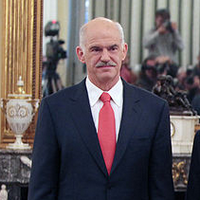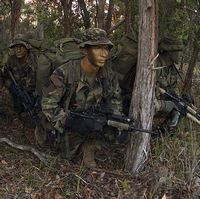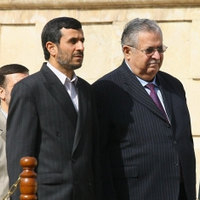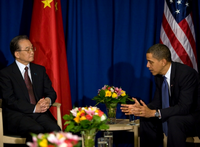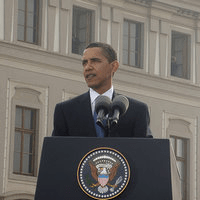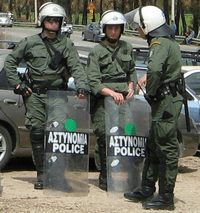
A new chapter in Greece’s debt crisis began after the EU and the IMF agreed to provide a $145 billion financial aid package to the troubled country. The agreement is conditional on Athens implementing a severe austerity program expected to reduce the public deficit from the current 13.6 percent to less than 3 percent by 2014. Despite the package, the difficulties ahead remain daunting. In order for the bailout to succeed, Prime Minister George Papandreou will have to face a number of challenges that will require all his political skills — and some luck. Papandreou’s first challenge will be to […]

